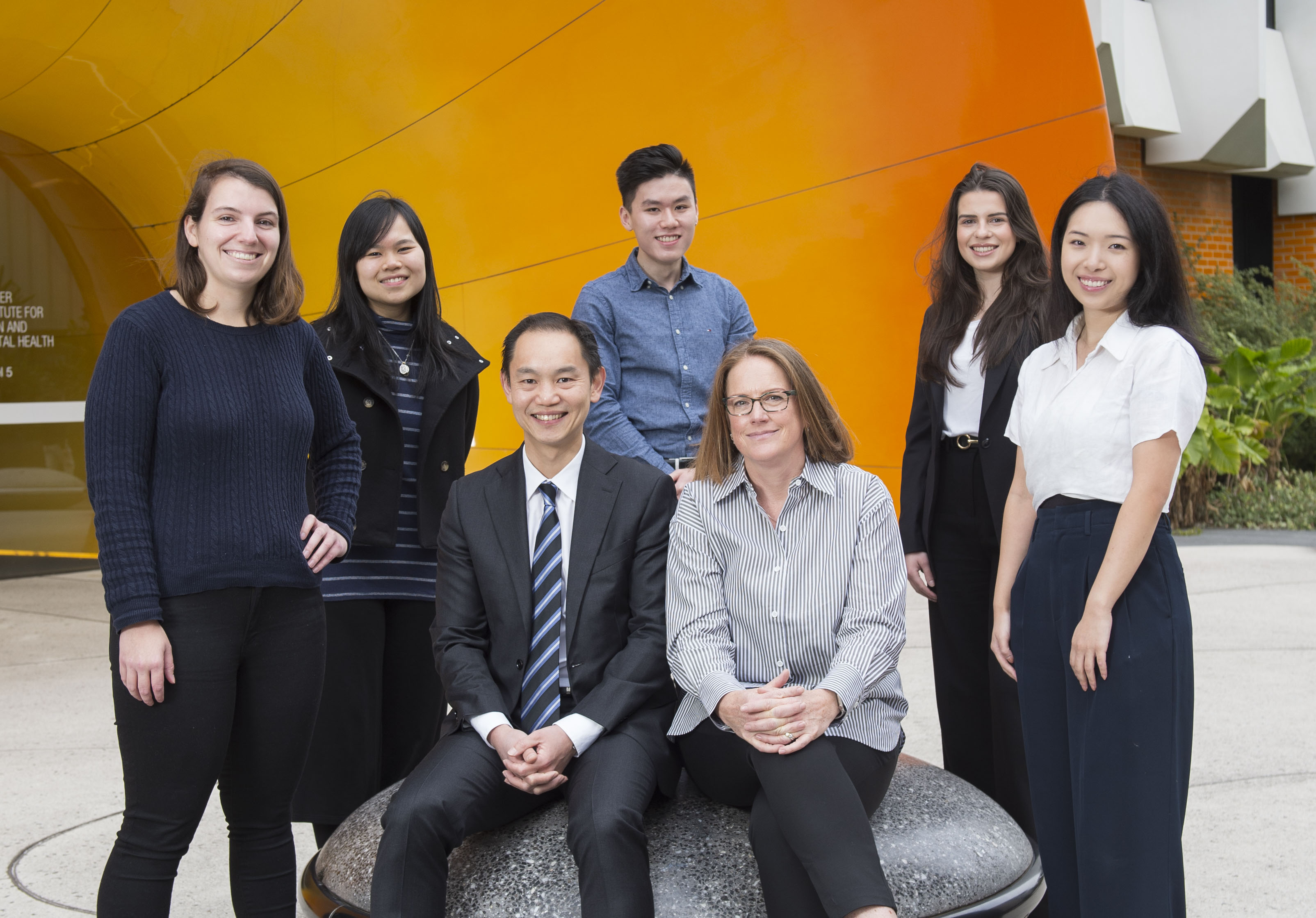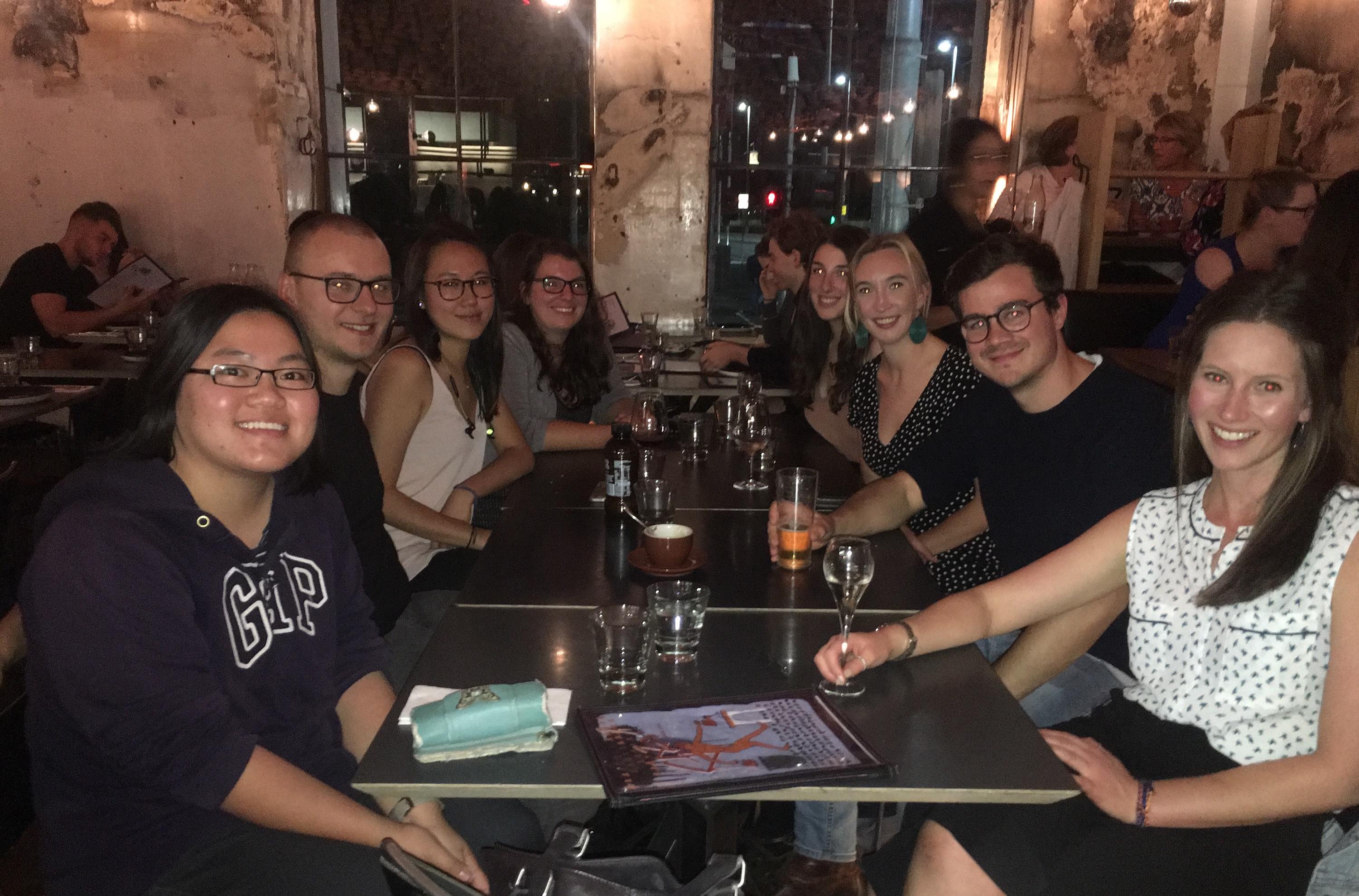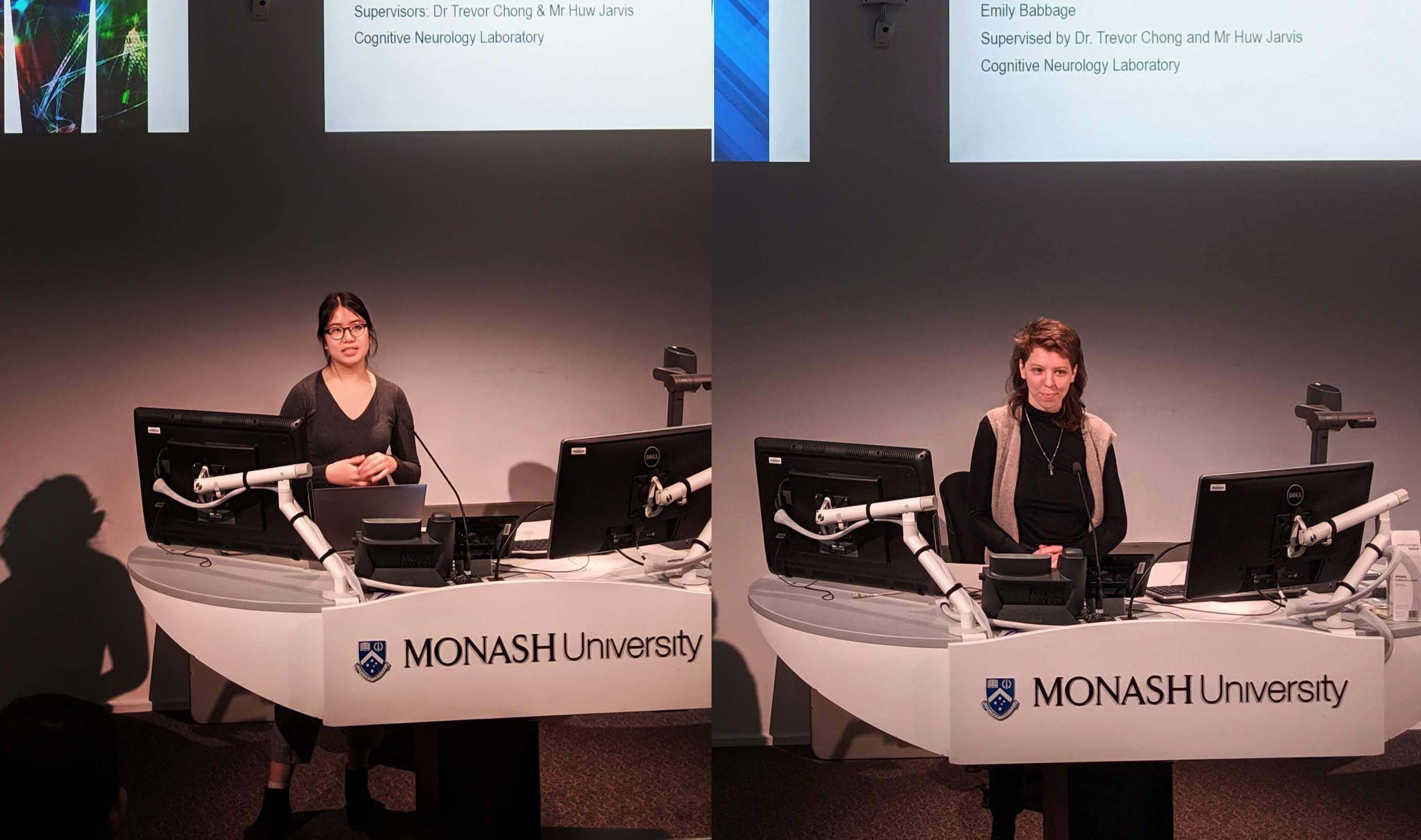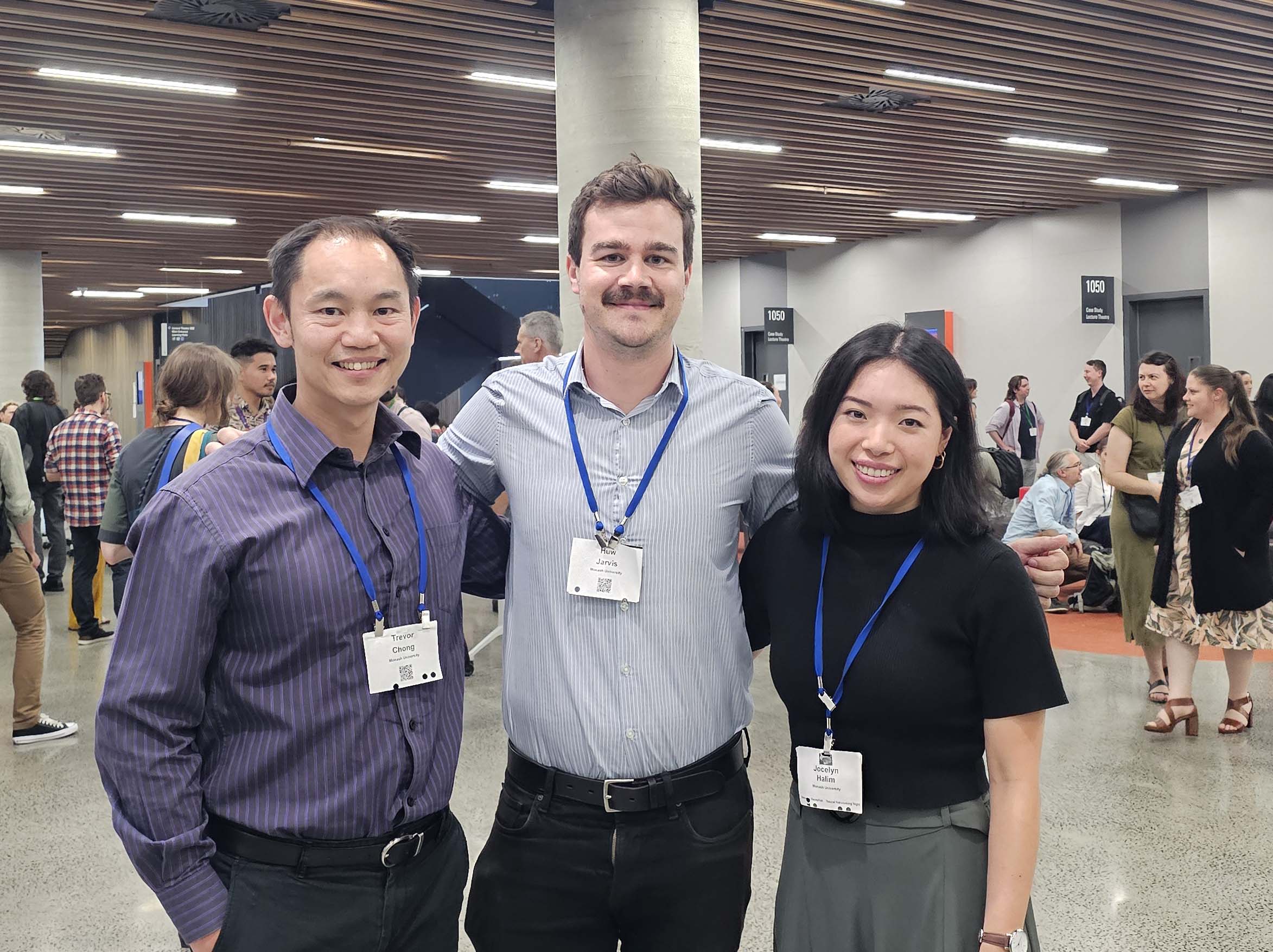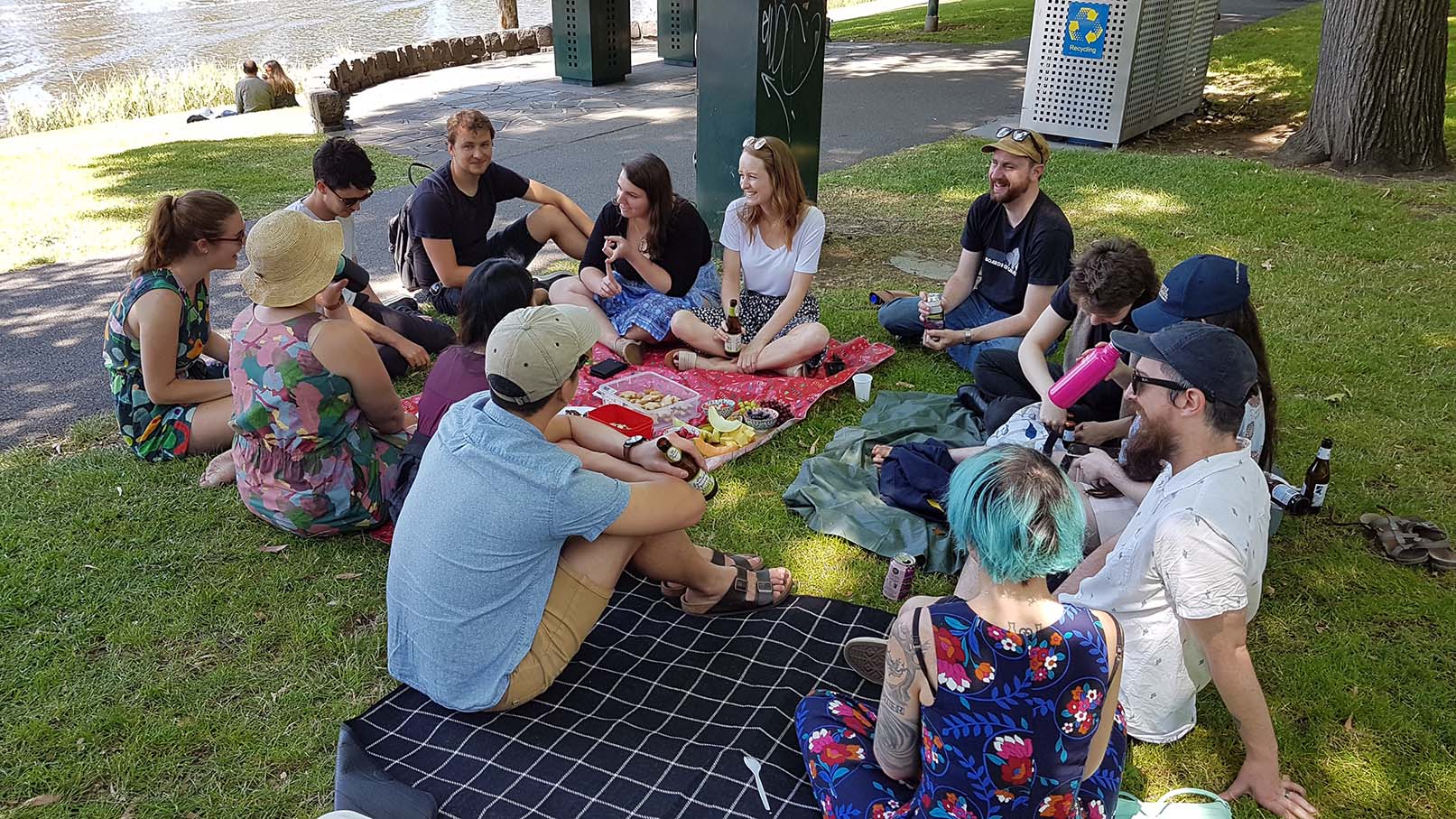Group Lead
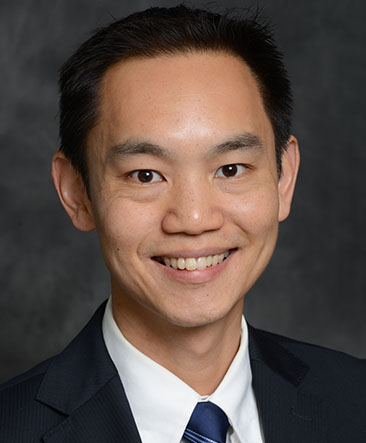 |
Assoc Prof Trevor Chong, BMedSc(Hons), MB,BS(Hons), PhD, FRACP
Twitter @trevor_chong
A/Prof Chong is a neurologist and cognitive neuroscientist, who leads the Cognitive Neurology Laboratory at Monash University. He completed his undergraduate research and medical degrees with Honours at Monash, before undertaking doctoral training at the University of Melbourne and MIT. Upon being admitted to Fellowship of the Royal Australasian College of Physicians, he was awarded an NHMRC Neil Hamilton Fairley Early Career Fellowship, which he took to Oxford. He leads the Monash Cognitive Neurology Laboratory, and consults at St Vincent's Hospital and Alfred Health in Melbourne. |
Current Members
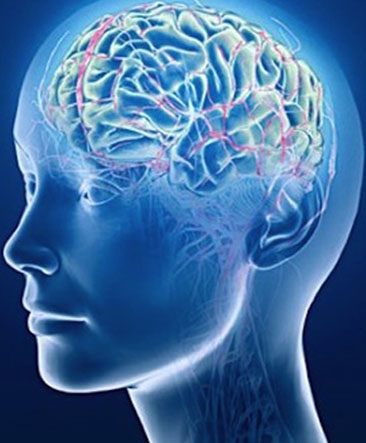 |
Chanel Agosta, PhD Candidate
|
 |
Emily Colton, PhD Candidate
Twitter @EColtonPsych
Emily holds a BA in Applied Sociology from the University of Leicester (UK) and BSc (Honours) in Psychology from Monash, which included researching the neural correlates of curiosity in the CogNeuro lab. She is currently undertaking her PhD in research, focusing on decision-making dysfunctions in addictions and disordered eating. |
 |
Jocelyn Halim, PhD Candidate
Jocelyn completed a Bachelor of Science (Honours) with majors in Psychology and Physiology at Monash University in 2021. As part of her PhD research, she is investigating the mechanisms driving curiosity and novelty seeking, with a focus on perceptual curiosity and decision-making. She also works as a neuroimaging research assistant at the Florey Institute. |
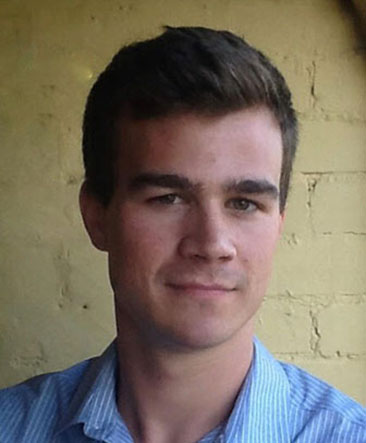 |
Huw Jarvis, PhD Candidate
Twitter @huwbris
Huw received a BMedSc with first class Honours from the University of Tasmania in 2012, and a Masters of Public Health from the University of Melbourne in 2015. His Honours project investigated the role of neurofilament in resisting diffuse axonal injury. Huw’s interest in public health led him to roles in health policy, including internships at the Grattan Institute (Melbourne) and the World Health Organization headquarters (Geneva). He began his PhD after working in research translation and clinical guideline development at the NHMRC. His current research focuses on characterising the computational and neurobiological interactions between motivation and reinforcement learning. Huw's PhD has been supported by the Rebecca L Cooper Medical Research Foundation. |
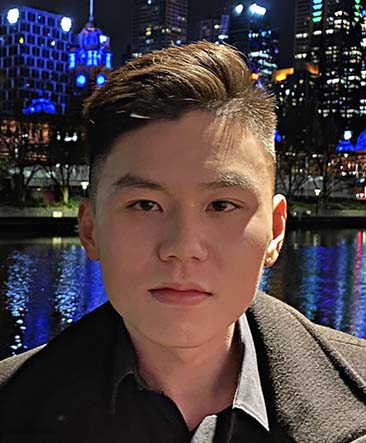 |
Matthew Lu, PhD Candidate
Matthew completed his Bachelor of Psychology (Honours) at Monash University in 2021. He has since commenced his PhD (Clinical Neuropsychology), which is focused on examining the impact of fatigue on motivation and decision-making in both healthy individuals and Parkinson’s disease. |
 |
Brittany Noy, PhD Candidate
|
 |
Maanasa Raja, Honours Student
|
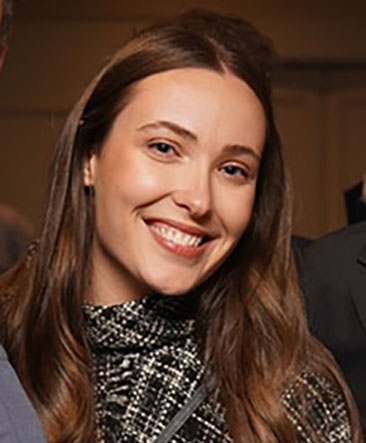 |
Meg Rankin, PhD Candidate
|
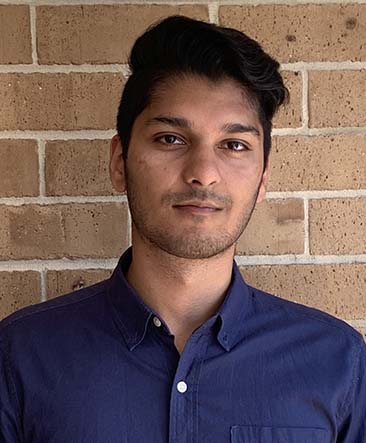 |
Navyaan Siddiqui, PhD Candidate
|
 |
Lema Safi, Honours Student
|
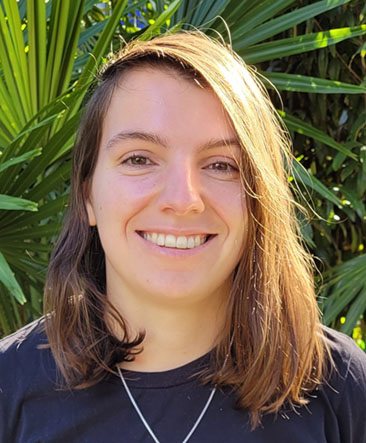 |
Bridgitt Shea, PhD Candidate
Bridgitt completed a Bachelor of Science with Honours at Monash University in 2017. Her Honours project investigated how neurophysiological signals of attention and evidence accumulation are modulated by the speed-accuracy trade-off. She began her PhD in 2018, which is focused on understanding neurochemical modulators of perceptual decision-making, using a combination of electrophysiology, genetics and pharmacological interventions. Bridgitt also hold the role of lab social secretary, with a respectful rate of successful outings currently at 95%. |
 |
Leon Tay, Honours Student
|
 |
Sophie Thong, PhD Candidate
|
